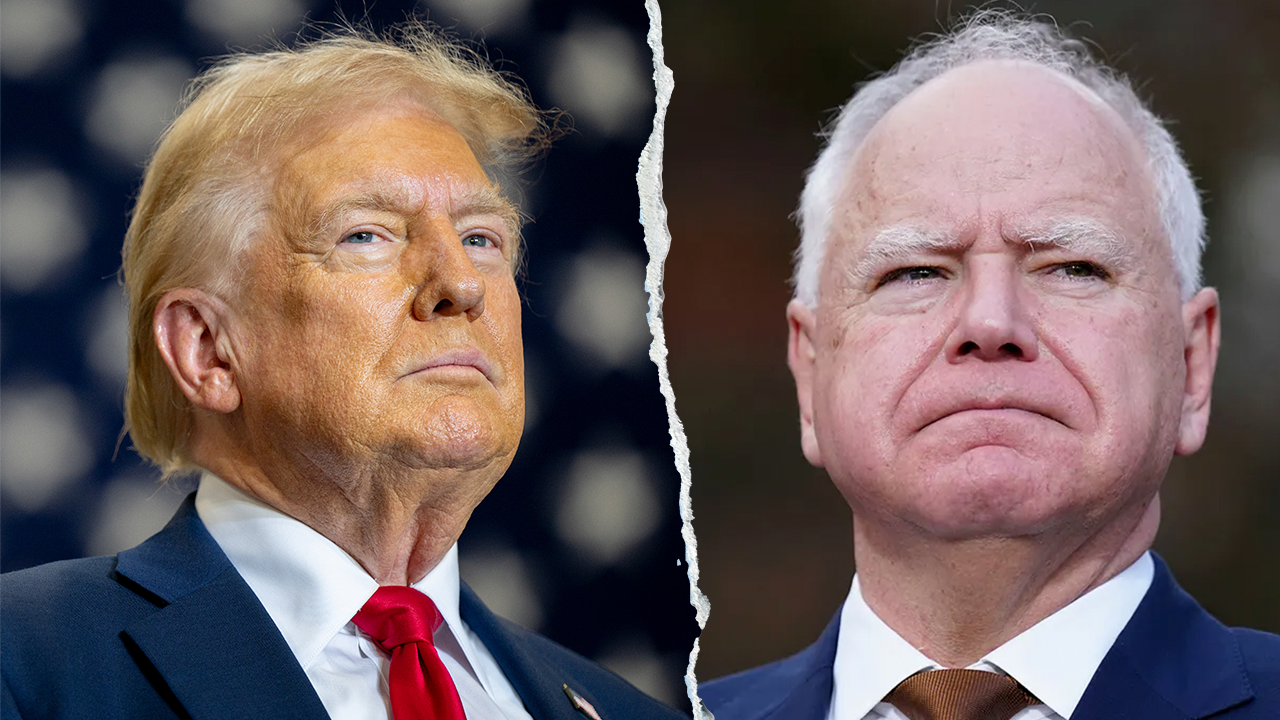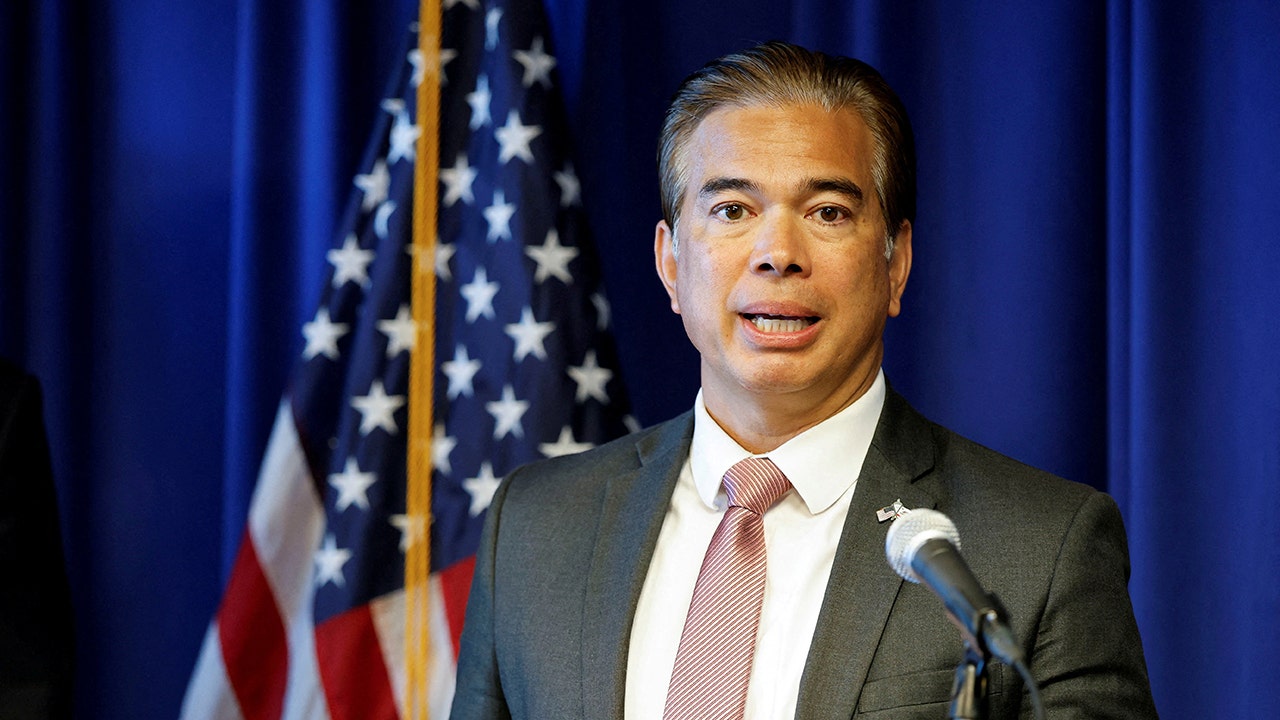Former U.S. Army Special Forces officer and WorldStrat President Jim Hanson issued a warning to international drug cartels Tuesday night during an appearance on Fox News’ Jesse Watters Primetime.
Hanson said that any attempt by cartel organizations to retaliate against the United States would result in devastating consequences.
“There is. Asymmetric warfare is the Achilles heel of the United States. We are one giant soft target here inside the United States. However, payback can be a medevac if they try something like that,” Hanson told Watters when asked if cartels might attempt “counterstrikes inside the U.S.” in response to recent military action.
“You know, you go ahead and hit us here, and you want to see some holy hell unleashed wherever you’re operating. I don’t think they’d do it more than once.”
Trump’s Sovereign Wealth Fund: What Could It Mean For Your Money?
The comments followed President Donald Trump’s announcement earlier Tuesday that American forces had sunk a vessel operated by the Venezuelan drug cartel Tren de Aragua.
Eleven cartel members were killed in the strike. According to the Pentagon, the operation was conducted by U.S. Southern Command in international waters and involved three Aegis-class missile boats working alongside other U.S. assets.
The mission was part of an effort to disrupt Latin American drug trafficking routes.
This Could Be the Most Important Video Gun Owners Watch All Year
‘
In a statement following the strike, Trump wrote that the cartel had been “operating under the control of [Venezuelan President] Nicolas Maduro,” adding that Maduro is “responsible for mass murder, drug trafficking, sex trafficking, and acts of violence and terror across the United States and Western Hemisphere.”
During his appearance on Fox News, Hanson said Americans overwhelmingly support the president’s actions.
“The American people are sick of seeing these drug traffickers and these cartels destroying our country with no consequences,” Hanson said.
When asked by Watters if Trump’s approach would gain strong public backing, Hanson replied, “100%.”
Hanson also warned that cartel alliances with foreign adversaries would not be tolerated.
“And if any of these people down in South America think they’re going to make friends in our hemisphere with the Russians and the Chinese or anybody else, they’re going to find out that President Trump is back in charge. America’s on top. That’s not going to play,” he said.
Since returning to office, Trump has made good on campaign pledges to confront cartel activity more aggressively than past administrations.
On his first day back in office in January, the president signed multiple executive orders, one of which designated specific international cartels as Foreign Terrorist Organizations.
That designation has allowed the U.S. military and law enforcement agencies to expand operations against cartel leadership and networks.
Reports in early August indicated that Trump authorized U.S. troops to use direct military force against cartel organizations engaged in drug trafficking and related crimes.
Those reports came one day after Attorney General Pam Bondi announced that the Department of Justice and the State Department had jointly offered a $50 million reward for information leading to the arrest of Venezuelan President Nicolas Maduro.
Relations between the United States and Venezuela remain tense. On August 21, Maduro responded to the increased U.S. military presence near Venezuela’s coastline with a warning.
According to Reuters, Maduro said his country would “defend our seas, our skies and our lands” if provoked.
The strike against the Tren de Aragua vessel underscores the administration’s shift toward direct military action against transnational criminal organizations.
It also highlights the growing confrontation between Washington and Caracas, as Trump continues to pursue a strategy of targeting both cartels and the Maduro government.
With the president reiterating his commitment to confronting cartel violence and cutting off their routes into the United States, military and intelligence operations in the region are expected to intensify in the weeks ahead.
Read the full article here


![Fmr. Green Beret Issues Warning on America’s Achilles Heel [WATCH] Fmr. Green Beret Issues Warning on America’s Achilles Heel [WATCH]](https://www.lifezette.com/wp-content/uploads/2025/09/2025.09.03-12.49-lifezette-68b8395a43a52.jpg)






![Stephanopoulos Tries to Defend Don Lemon Storming a Church, Blanche Destroys Him in Seconds [WATCH] Stephanopoulos Tries to Defend Don Lemon Storming a Church, Blanche Destroys Him in Seconds [WATCH]](https://www.lifezette.com/wp-content/uploads/2025/08/2025.08.06-01.51-lifezette-68935dc5d7971.jpg)


![Obama Is Big Mad That ICE Is Enforcing the Same Laws He Bragged About Enforcing [WATCH] Obama Is Big Mad That ICE Is Enforcing the Same Laws He Bragged About Enforcing [WATCH]](https://www.lifezette.com/wp-content/uploads/2024/10/2024.10.17-02.54-lifezette-67112518c09bc.jpg)